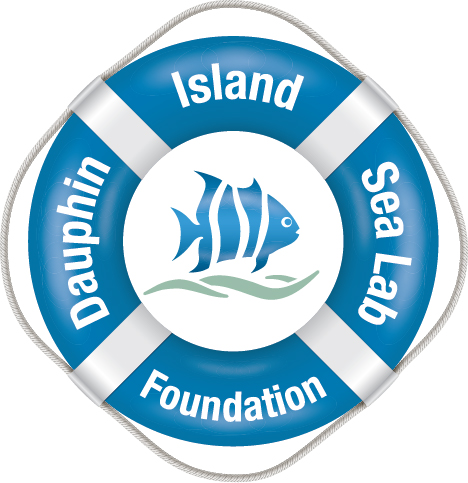Sessions-Brown Conservation Leadership Award
 This year's recipient is The Nature Conservancy in Alabama
This year's recipient is The Nature Conservancy in Alabama
This award was created in 2023 by DISL in the honor of Alabama Senator David Sessions and Representative Chip Brown in recognition of their advocacy for the conservation of the land and waters in the Mobile-Tensaw Delta and Alabama watershed.
Recognizing that conservation efforts intended to restore Alabama's natural resources from the headwaters of the Alabama watershed to the open waters of the Northern Gulf of Mexico, this award will be given to individuals from across the State of Alabama in recognition of delivering transformational advances in conservation theory and practice, along with innovation and application, that harmoniously balance the State of Alabama's economic, cultural, and historical interests.
2025 MEAL Award Winners
 Ms. Roberta Swann - Gulf Coast Marine Environmental Excellence Award
Ms. Roberta Swann - Gulf Coast Marine Environmental Excellence Award
Roberta Swann - Director of the Mobile Bay National Estuary Program (MBNEP)
Roberta will be recognized for her outstanding contributions to environmental stewardship, community engagement, and coastal resilience in Alabama.
Roberta has served as the Director of the Mobile Bay National Estuary Program (MBNEP) since 2009, where she has spearheaded a visionary, community-based approach to watershed management and environmental restoration. Her efforts have engaged over 300 stakeholders and resulted in comprehensive plans for every watershed in coastal Alabama. Additionally, Roberta has been the inspiration behind transformational projects in Three Mile Creek, Fowl River and the D'Olive Watershed.
Before joining the MBNEP, Roberta worked with the Dauphin Island Sea Lab to establish its Foundation and led a successful campaign to protect migratory bird habitats through the Dauphin Island Bird Sanctuaries, which continues today in service of long-term environmental stewardship.
Roberta Swann exemplifies the qualities of a visionary leader - strategic, collaborative, and deeply committed to environmental sustainability. Her work has not only transformed Alabama's coastal landscape but also inspired a culture of stewardship that will benefit generations to come.
 Alabama Water Watch - Gulf Coast Marine Environmental Leadership Award
Alabama Water Watch - Gulf Coast Marine Environmental Leadership Award
Alabama Water Watch is a citizen volunteer, water quality monitoring program covering all of the major river basins of the state. The mission of AWW is to improve both water quality and water policy through citizen monitoring and action. Established in 1992, AWW is a national model for citizen involvement in watershed stewardship, largely because of its three interrelated components: citizen monitoring groups, a university-based program, and a non-profit association. AWW uses EPA-approved monitoring plans with a community-based approach to train citizens to monitor conditions and trends of their local waterbodies. With a “data-to-action” focus, AWW helps volunteers collect, analyze, and understand their data to make positive impacts.
AWW Vision and Goals
The AWW vision is to have a citizen monitor on every stream, river, lake and coast in Alabama. The goal of AWW is to foster the development of statewide water quality monitoring by:
Educating citizens on water issues in Alabama and the world
Training citizens to use standardized equipment and techniques to gather credible water information using quality assurance protocols.
Empowering citizens to make a positive impact by using their water monitoring data for environmental education, waterbody restoration and protection, and involvement in watershed stewardship.
